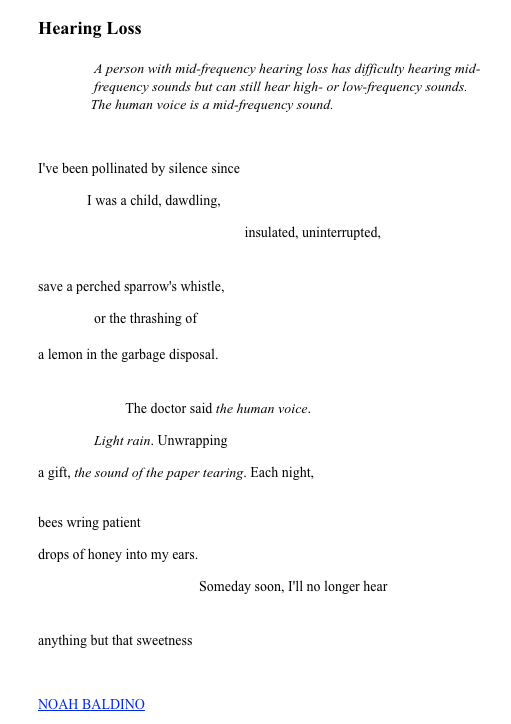4.25 miles
mississippi river road path, north/south
39 balmy degrees
1% super slick barely frozen slippery spots, 5% puddles
Officially, spring starts this week. And, unlike many past Minnesota Marches, it feels like spring is starting too. Still barely reaching the 40s. Still snow on the ground. But birds and bright sun, more melting snow and a vague sense of warmth/warmish air is all around. A good run but one tinged with some worry. Scott has arthritis and unless he’s able to change the way he runs, he might have to stop running altogether. Most likely he won’t be able to run the marathon. I am sad for him and for the possibility of not running with him. And worried, wondering if the marathon might be too much for my body too. Before my run, I felt every ache–in my lower back, my right calf and knee, my left foot–more acutely.
What do I remember from the run? Slip-sliding over barely visibly shiny slick spots. Hearing the birds. Marveling at the river’s surface shimmering in the sun. Watching my shadow run ahead of me. Getting passed by someone running much faster than me and watching their graceful gait. Thinking about my form, trying to keep my feet straight and my arms even. Listening to the dripping and melting. Feeling too warm. Encountering a runner in shorts. Tried to think about what I had been pondering pre-run after finding a fun poem by Sharon Bryan: the body and the soul. What is their relationship and what is a soul? Walt Whitman says the body is the soul and Michel Foucault claims the soul is the prison of the body. And here’s how Bryan imagines it:
They grow up together
but they aren’t even fraternal
twins, they quarrel a lot
about where to go and what
to do, the body complains
about having to carry
the soul everywhere as if
it were some helpless cripple,
and the soul snipes that it can go
places the body never dreamed of,
then they quarrel over which one of them
does the dreaming, but the truth is,
they can’t live without each other and
they both know it, anima, animosity,
the diaphragm pumps like a bellows
and the soul pulls out all the stops—
sings at the top of its lungs, laughs
at its little jokes, it would like
to think it has the upper hand
and can leave whenever it wants—
but only as long as it knows
the door will be unlocked
when it sneaks back home before
the sun comes up, and when the body
says where have you been, the soul
says, with a smirk, I was at the end
of my tether, and it was, like a diver
on the ocean floor or an astronaut
admiring the view from outside
the mother ship, and like them
it would be lost without its air
supply and protective clothing,
the body knows that and begins
to hum, I get along without you
very well, and the soul says, Listen
to that, you can’t sing worth a lick
without me, they’ll go on bickering
like this until death do them part—
and then, even if the soul seems to float
above the body for a moment,
like a flame above a candle, pinch
the wick and it disappears.
Love these lines: the diaphragm pumps like a bellows/
and the soul pulls out all the stops— /sings at the top of its lungs, laughs/at its little jokes
I tried to think about the body and the soul while I ran, but I mostly thought about my body only: my knees, back, shoulders, toes, feet. Were they sore? Was I landing on my foot correctly? How’s my right knee? Are my shoulders too tense?
The other day, I wrote about running in the fog. Here’s a poem someone posted on twitter this morning. It’s from The New Yorker, May 2012.
Confessions of a Nature Lover
By Bob Hicok
Back then I was going steady
with fog, who could dance
like no one’s business, I threw her over
for a leaf that one day fluttered
first her shadow then her whole life
into my hand, that’s a lot
of responsibility and a lot
of relatives, this leaf
and that leaf and all the other leaves
hung around, I told her
I needed space, which was true,
without it I’d only be a soul,
and no one’s sure that wisp
is real, that’s why we say
of real estate, location, location,
location, and of speech,
locution, locution, locution,
and of live, yes, yes, yes,
I am on my knees, will you have me,
world?
So much to think about in this poem. For now, I’m just thinking about his reference to fog. After running in the fog last Thursday, I did some free writing around fog and my log entry. Here’s a draft of a poem:
march 14/4 miles/heavy fog/43 degrees
Liquid-y layers
drip drop drape
the Forest’s floor. Fog
reaches Road’s ribbon,
the river’s edge.
Everything is enveloped.
Shrouded. Cocooned. Consumed.
Light, devoured.
Only a single bike lamp carves out
a bright circle in the thick air
while several sirens sing
an invisible song.
